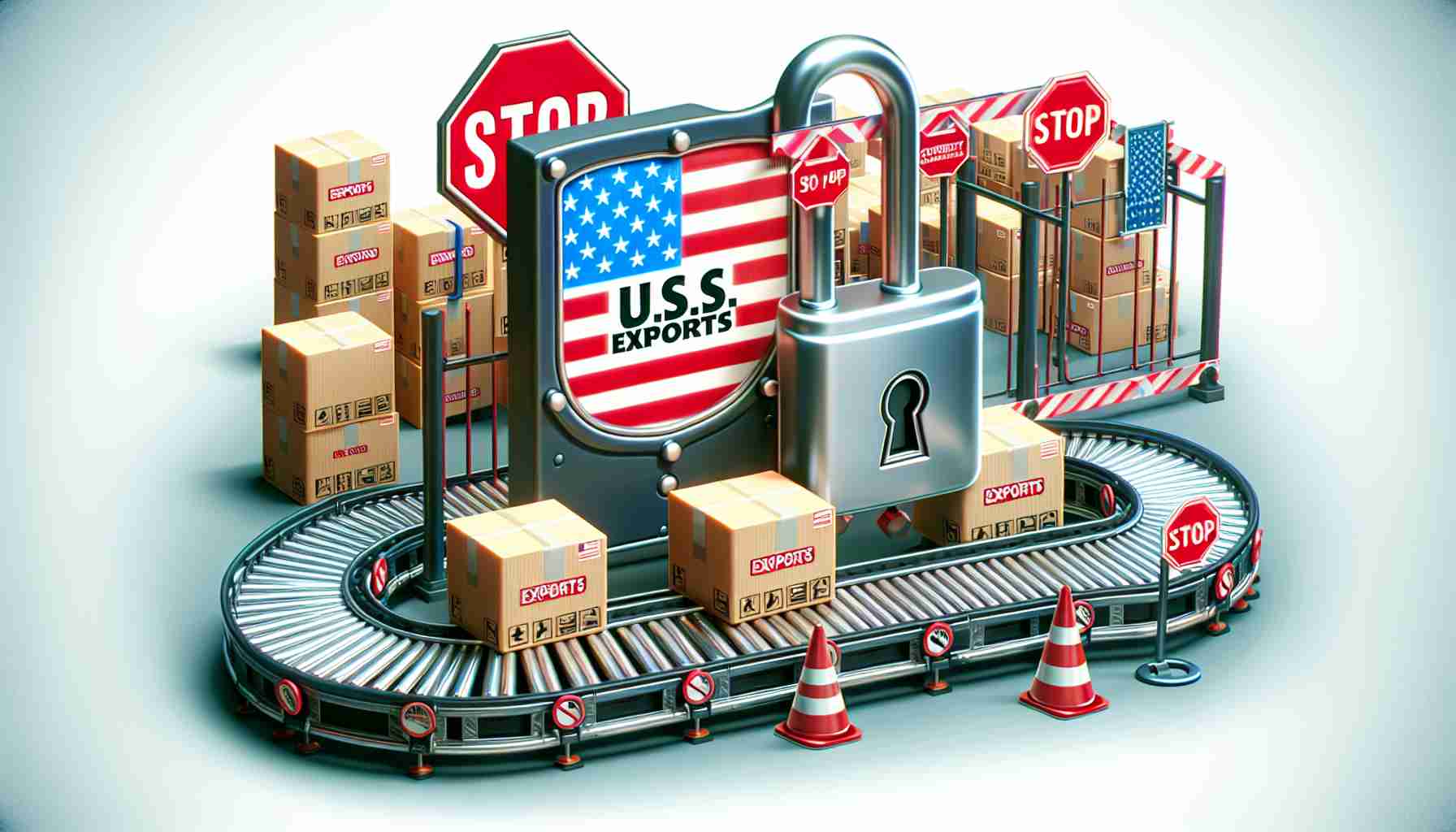The U.S. government has escalated its measures against Huawei, a prominent Chinese telecommunications company, as it halted crucial technology exports from American firms like Intel and Qualcomm. These export restrictions directly affect Huawei’s ability to procure chips for its range of laptops and smartphones.
America Tightens Technology Embargo on Huawei
Sources with intimate knowledge of the regulatory adjustments have disclosed that the Department of Commerce has exercised its power to revoke previously granted licenses for these exports. The spokesperson expressed that these decisions are driven by ongoing assessments to safeguard national security and that revoking licenses aligns with adapting to emerging threats and the evolving tech landscape.
The Increasing Crackdown on Huawei Over Two Decades
The United States’ apprehension regarding Huawei dates back over twenty years, with concerns about its close connections with the Chinese government and military, alongside allegations of intellectual property theft and sanctions violations. Accusations and legal indictments from the Department of Justice escalated in 2019 and 2020, including serious charges like financial fraud, racketeering, and theft of trade secrets.
The government’s crackdown also saw the Commerce Department bolster export restrictions, a move that undermined Huawei’s access to semiconductors essential for its devices. Efforts continued, with a substantial budget allocated by Congress in order to eliminate Huawei technology from American networks.
China’s Strides in Semiconductor Development
Despite intense international pressure, Chinese advancements in the semiconductor field surge ahead. The nation’s prime chipmaker, SMIC, is making strides with 5nm mobile processors, highlighting Huawei’s capability to innovate independently. The progress is further exemplified by Huawei’s new Mate 60 Pro smartphone, which showcases sophisticated radio-frequency chip technology developed without reliance on U.S. imports.
Key Questions and Answers:
Why has the United States halted exports to Huawei?
The U.S. government has cited national security concerns as the reason for halting exports to Huawei. They fear that the company’s close ties with the Chinese government and military, along with allegations of intellectual property theft, sanctions violations, and other legal issues, pose a threat.
What are the key challenges or controversies associated with the U.S. crackdown on Huawei?
A significant challenge is ensuring the effectiveness of the embargo on Huawei without harming American businesses like Intel and Qualcomm that rely on exports. Moreover, controversies arise from the global impact on supply chains and the potential for retaliatory measures from China.
What are the advantages and disadvantages of the U.S. halting exports to Huawei?
Advantages include the protection of national security and the potential to curb the expansion of a company considered a risk. Disadvantages include the possible strain on U.S.-China relations, impacts on global technology supply chains, and the negative effects on U.S. businesses engaged in exporting to Huawei.
Related Links:
For more information on U.S. government policies and national security measures, you can visit the United States Department of Commerce at commerce.gov or the U.S. Department of Justice at justice.gov.
Please note that it is always necessary to type the URL correctly and verify the authenticity and security of the website before accessing or sharing any personal information.
The source of the article is from the blog be3.sk
